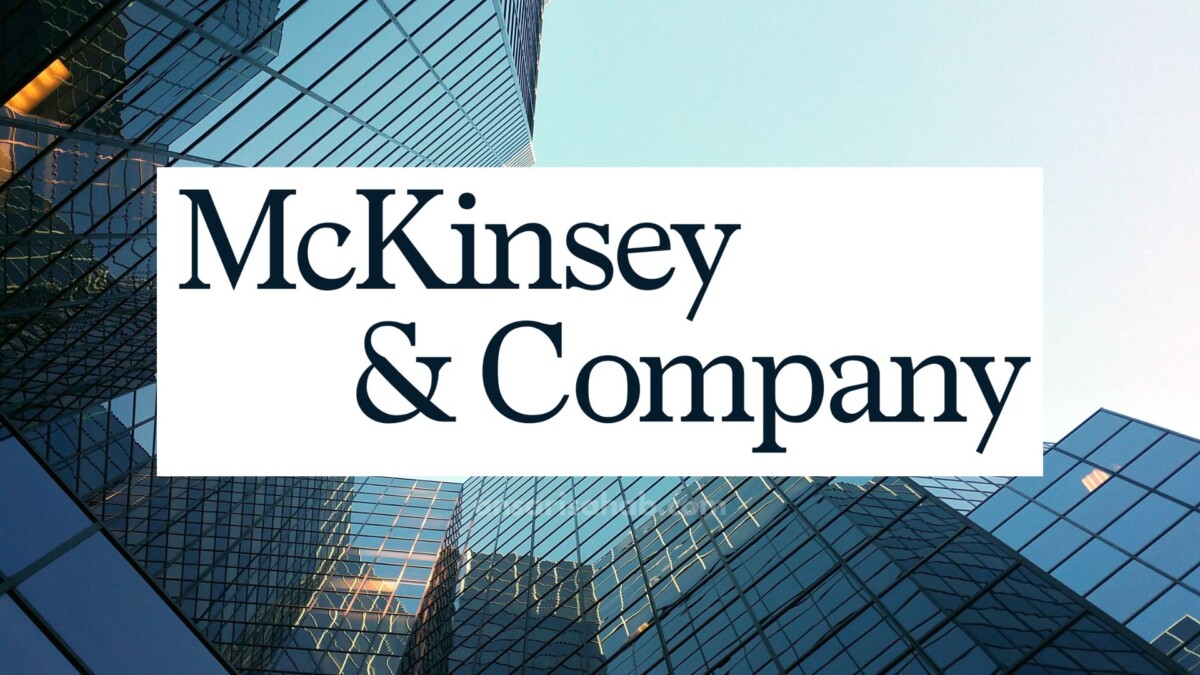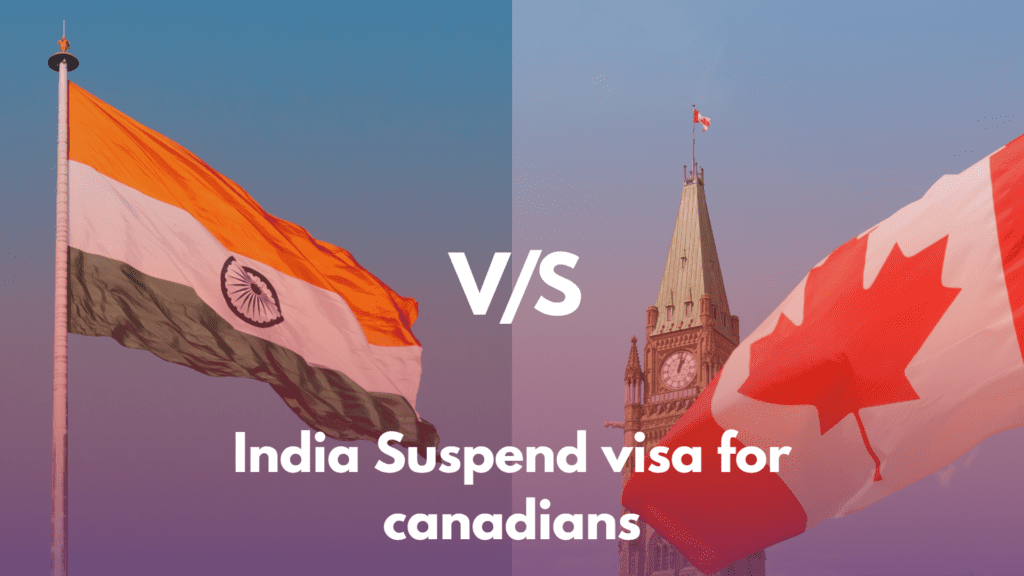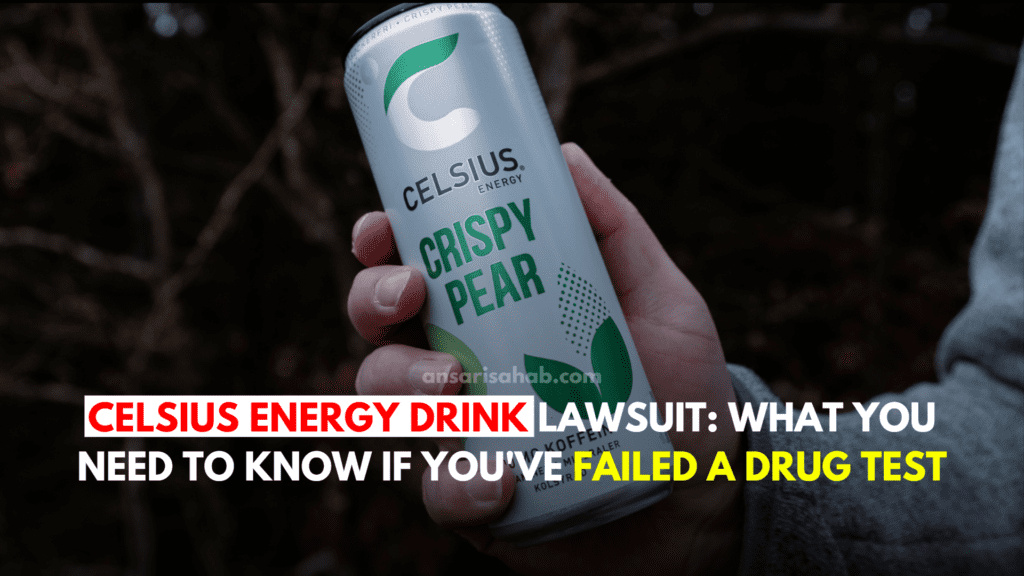The opioid crisis continues to cast a long shadow over the United States, with legal battles still raging against companies accused of fueling the epidemic. In a recent development, consulting giant McKinsey & Company has agreed to pay $78 million to settle a lawsuit brought by health insurers and company benefit plans alleging the firm played a significant role in the crisis. This settlement marks another chapter in the complex and troubling saga of McKinsey’s involvement in the opioid industry.
A Consulting Juggernaut with a Controversial Past
McKinsey & Company is a global management consulting firm known for its expertise in advising businesses on strategy, operations, and organizational change. With over 30,000 employees and offices in 130 countries, McKinsey is a powerhouse in the consulting world. However, the firm has also faced criticism for its involvement in controversial projects, including advising authoritarian regimes and working with companies accused of environmental damage and human rights abuses.
McKinsey’s Role in the Opioid Crisis
The lawsuit against McKinsey stems from allegations that the firm advised Purdue Pharma, the manufacturer of OxyContin, on how to increase sales of the addictive painkiller. According to the lawsuit, McKinsey helped Purdue Pharma target high-volume prescribers and downplay the risks of addiction associated with OxyContin. These practices, the lawsuit alleges, contributed to the opioid crisis, which has claimed over 500,000 lives in the United States since 1999.
The Allegations:
At the heart of the lawsuit against McKinsey lies the accusation that the company knowingly advised Purdue Pharma, the manufacturer of OxyContin, on ways to increase sales of the highly addictive painkiller. This allegedly included tactics like targeting high-volume prescribers and downplaying the risks of addiction.
2021 investigation by the Massachusetts Attorney General’s office revealed emails and internal documents detailing McKinsey’s work with Purdue. These documents reportedly show that McKinsey consultants advised Purdue on how to “turbocharge” OxyContin sales and “position OxyContin as the first-line treatment for moderate to severe pain.”
Terms of the Settlement:
While McKinsey denies any wrongdoing, it has agreed to pay $78 million to settle the lawsuit brought by a coalition of 46 states and territories. The funds will be directed towards opioid addiction treatment and prevention programs.
The settlement also includes several non-monetary provisions, such as a requirement that McKinsey release internal documents related to its work with Purdue and implement new ethics and compliance measures.
Ripple Effects and Broader Implications:
The McKinsey settlement is significant for several reasons. First, it represents a major financial blow to the consulting giant, raising questions about its potential liability in the ongoing opioid litigation. Second, it sheds light on the role of consultants in the pharmaceutical industry and raises concerns about potential conflicts of interest.
Third, the settlement could pave the way for further action against other companies and individuals deemed to have contributed to the opioid crisis. This could include pharmaceutical manufacturers, distributors, and even healthcare providers who overprescribed opioids.
The Details of the Settlement
The $78 million settlement is a fraction of the billions of dollars in damages that have been awarded in other opioid lawsuits. However, it is significant because it marks the first time that a consulting firm has been held accountable for its role in the crisis. The settlement also requires McKinsey to release internal documents related to its work with Purdue Pharma, which could shed further light on the firm’s involvement in the opioid epidemic.
Fallout and Lingering Questions
The McKinsey settlement has sparked outrage from some who believe that the firm should be held more accountable for its actions. Critics argue that the $78 million settlement is a slap on the wrist for a company with billions of dollars in revenue. They also question whether the release of internal documents will be enough to ensure transparency and accountability.
Others, however, believe that the settlement is a positive step forward in holding McKinsey accountable for its role in the opioid crisis. They argue that the release of internal documents could lead to further legal action against the firm and other companies involved in the crisis.
The Road Ahead
The McKinsey settlement is unlikely to be the last chapter in the legal saga of the opioid crisis. Many other companies, including pharmaceutical manufacturers, distributors, and pharmacies, are still facing lawsuits. It is also possible that McKinsey could face further legal action if the release of internal documents reveals more evidence of wrongdoing.
A Broader Conversation about Corporate Accountability
The McKinsey settlement also raises broader questions about corporate accountability. In an age of globalization and outsourcing, it can be difficult to hold companies accountable for their actions, especially when they operate across multiple countries and jurisdictions. The McKinsey case highlights the need for stronger regulations and enforcement mechanisms to ensure that corporations are not able to escape accountability for their actions.
Conclusion
The McKinsey settlement is a significant development in the ongoing legal battle against the companies responsible for the opioid crisis. While it is unlikely to bring an end to the crisis, it does send a message that corporations will be held accountable for their actions. The case also raises important questions about corporate accountability in a globalized world. As the legal battle continues, it is important to remember the human cost of the opioid crisis and to ensure that those who profited from the suffering of others are held accountable.









